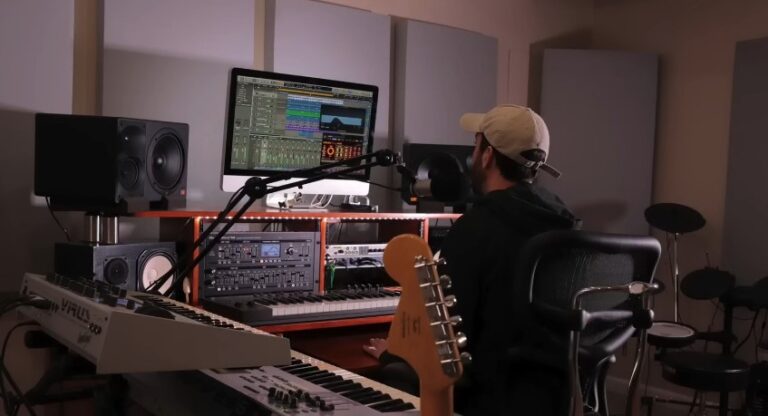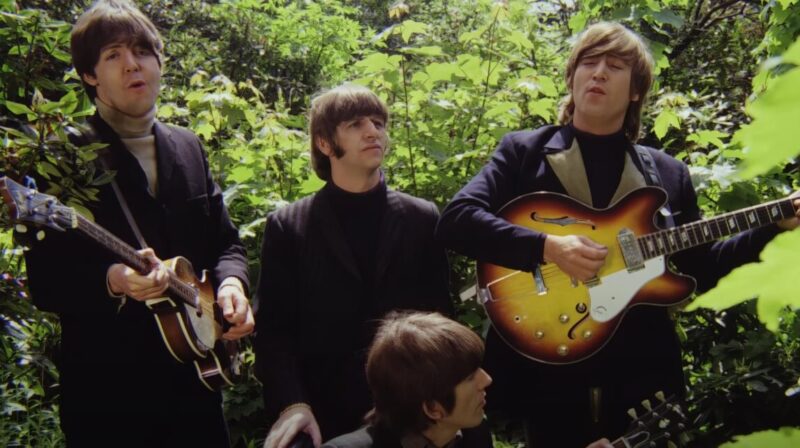When we think of The Beatles, it’s easy to conjure up the image of four young men from Liverpool taking the world by storm with their infectious melodies and groundbreaking albums. Yet, behind that collective magic, each Beatle had his own creative drive and unique set of interests.
By the late 1960s, those individual passions began to surface, and it wasn’t long before one member of the Fab Four took the leap into solo work.
So, who was the first Beatle to release a solo album? Surprisingly, it wasn’t John, Paul, or Ringo who first ventured into solo territory, but George Harrison.
Table of Contents
ToggleThe Beatles Was a Band at the Crossroads
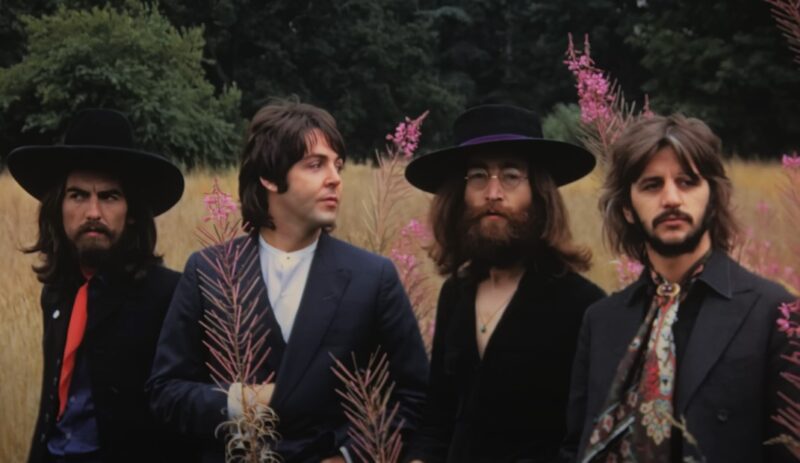
Let’s take a step back to the late ’60s. The Beatles were at the peak of their fame. With every album, they redefined what popular music could be. Yet, behind the scenes, tension was building.
The camaraderie that had once bonded them was beginning to fray as each member grew more interested in pursuing their personal artistic visions. George Harrison, often perceived as the “quiet” Beatle, had long felt overshadowed by the dominant songwriting partnership of John Lennon and Paul McCartney.
Despite contributing memorable tracks like “Here Comes the Sun” and “Something,” Harrison’s compositions often took a backseat to the Lennon-McCartney machine. Frustrated by this dynamic, he began exploring his interests outside the band, particularly his deepening connection with Indian music and spirituality.
Harrison’s Love Affair with Indian Culture
George Harrison’s fascination with Indian culture wasn’t just a passing phase—it became a defining part of who he was, both as an artist and as a person. His exposure to Indian music and spirituality started in 1965 when he was introduced to the sitar by Ravi Shankar, the legendary Indian musician.
This encounter profoundly influenced Harrison and left an indelible mark on The Beatles’ music, as heard in tracks like “Norwegian Wood (This Bird Has Flown)” and “Within You Without You.” But for Harrison, the occasional Indian-inspired Beatles song wasn’t enough.
He wanted to immerse himself fully in this world and create something that reflected his passion for Indian music in a way that The Beatles’ collective work couldn’t. That desire led him to an opportunity that would forever change his career trajectory.
The Birth of “Wonderwall Music”
Enter “Wonderwall Music,” the soundtrack to a little-known film called Wonderwall, directed by Joe Massot. Released on November 1, 1968, this album wasn’t just another project; it was a bold step into solo territory, making George Harrison the first Beatle to release a solo album.
“Wonderwall Music” is a fascinating blend of Indian classical music and Western rock, reflecting Harrison’s eclectic tastes. Recorded between December 1967 and January 1968, the album features contributions from Indian musicians like Aashish Khan and Mahapurush Misra, as well as familiar Western artists, including Eric Clapton and even Ringo Starr.
The music ranges from traditional Indian sounds to more experimental rock, creating a unique auditory experience that was ahead of its time.
Why George Harrison Took the Leap
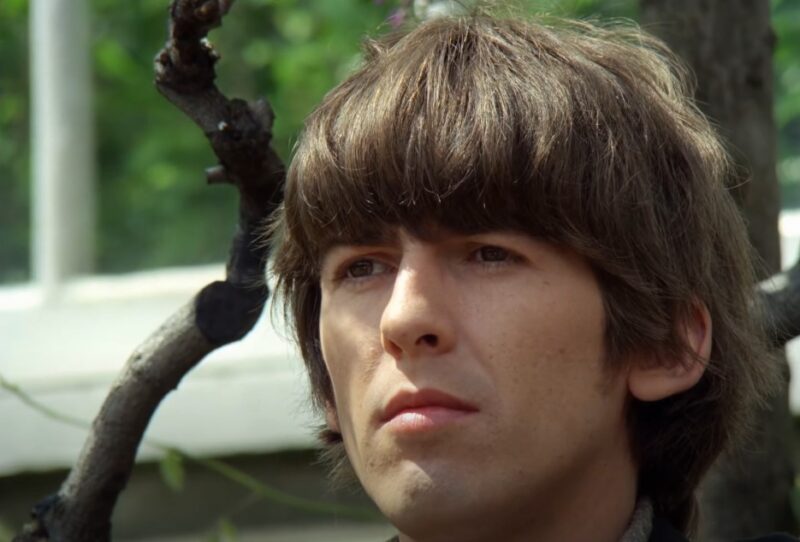
So why was George Harrison the first Beatle to go solo? It boils down to a few key reasons:
1. Musical Curiosity
Harrison’s insatiable curiosity for music outside the Western tradition was a driving force. He had grown tired of the creative constraints within The Beatles, where his contributions were often sidelined.
The opportunity to explore Indian music in depth gave him a new sense of purpose and freedom.
2. Need for Independence
Within The Beatles, Harrison was often the third wheel when it came to songwriting. John and Paul dominated the band’s creative output, leaving George with fewer opportunities to showcase his talents.
By 1968, Harrison had accumulated a wealth of material that he wanted to explore independently. “Wonderwall Music” provided the perfect outlet for his burgeoning creativity.
3. A New Collaboration
The soundtrack for Wonderwall came at a time when Harrison was eager to collaborate with musicians outside The Beatles.
Working with Indian and Western artists allowed him to push the boundaries of his music in ways that wouldn’t have been possible within the band.
4. Spiritual Pursuit
Harrison’s spiritual journey was deeply intertwined with his music. His growing interest in Indian spirituality and culture wasn’t just a phase—it was a profound shift in his worldview.
“Wonderwall Music” became a manifestation of that journey, merging his spiritual beliefs with his musical output.
The Impact of “Wonderwall Music”
When “Wonderwall Music” hit the shelves, it didn’t exactly set the charts on fire. Critics and fans were divided, with many struggling to connect with its experimental nature. The album’s departure from the familiar pop-rock sound of The Beatles made it a challenging listen for those expecting more of the same.
However, with time, “Wonderwall Music” has come to be appreciated for what it is—a pioneering work that bridged Eastern and Western musical traditions. It was one of the first albums by a Western artist to feature such a prominent use of Indian classical music, laying the groundwork for the world music genre that would gain popularity in the decades to come.
Beyond its musical content, “Wonderwall Music” also marked a significant turning point in The Beatles’ story. It symbolized the beginning of the end for the band as a cohesive unit, as each member began pursuing solo projects more seriously. While The Beatles would continue to release albums together until 1970, the cracks were starting to show.
A New Chapter for George Harrison
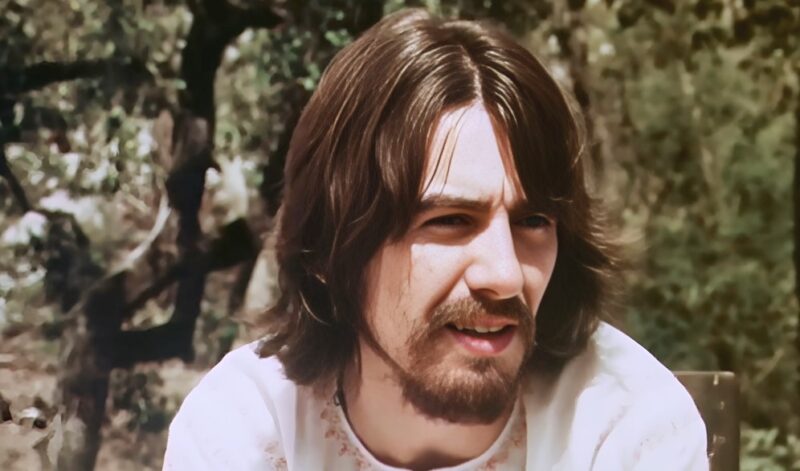
For George Harrison, “Wonderwall Music” was more than just a soundtrack—it was the beginning of a new chapter in his life. It allowed him to step out of the shadows cast by Lennon and McCartney and establish himself as a solo artist with a distinct voice.
The album’s release was a quiet revolution, signaling Harrison’s determination to follow his artistic instincts, no matter how unconventional they might be. In the years that followed, Harrison would go on to release several acclaimed albums, most notably “All Things Must Pass” in 1970.
That triple album is often hailed as his magnum opus and stands as a testament to his talents as a songwriter and musician in his own right.
The Legacy of “Wonderwall Music”
While “Wonderwall Music” might not be as celebrated as some of Harrison’s later works, its significance in the history of popular music cannot be overstated. It was a bold experiment, a cross-cultural collaboration, and a personal statement all rolled into one.
The album’s fusion of Indian and Western sounds opened up new possibilities for what music could be, and its influence can still be felt today. In the grand scheme of things, George Harrison’s decision to release “Wonderwall Music” was an act of quiet defiance—a way of asserting his independence and challenging the status quo.
It was a risky move, but one that paid off in the long run, not just for Harrison, but for the broader world of music.
George Harrison’s Lasting Influence
Looking back, it’s clear that George Harrison was much more than just the “quiet” Beatle. He was a trailblazer who wasn’t afraid to follow his passions, even when they led him down less-traveled paths.
With “Wonderwall Music,” Harrison took the first step on a road that would eventually establish him as one of the most innovative and influential artists of his generation. His willingness to embrace the unfamiliar, to blend cultures and sounds, and to follow his spiritual path through his music, made him a true pioneer.
Harrison’s solo debut may not have been an immediate commercial success, but it laid the foundation for a legacy that continues to inspire musicians and listeners alike.
And in the end, that’s what makes George Harrison’s story so remarkable—it’s not just about the music he created, but about the doors he opened for others to explore.




